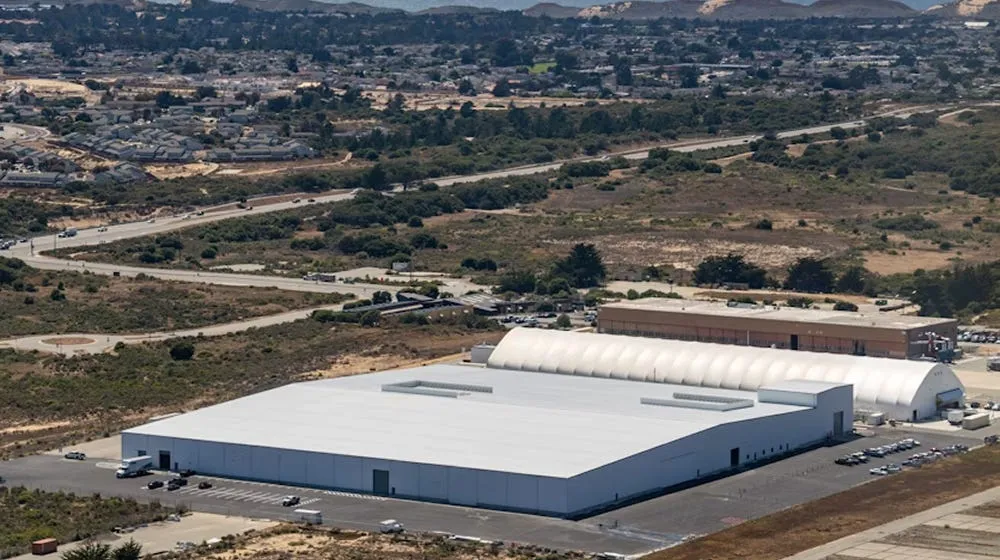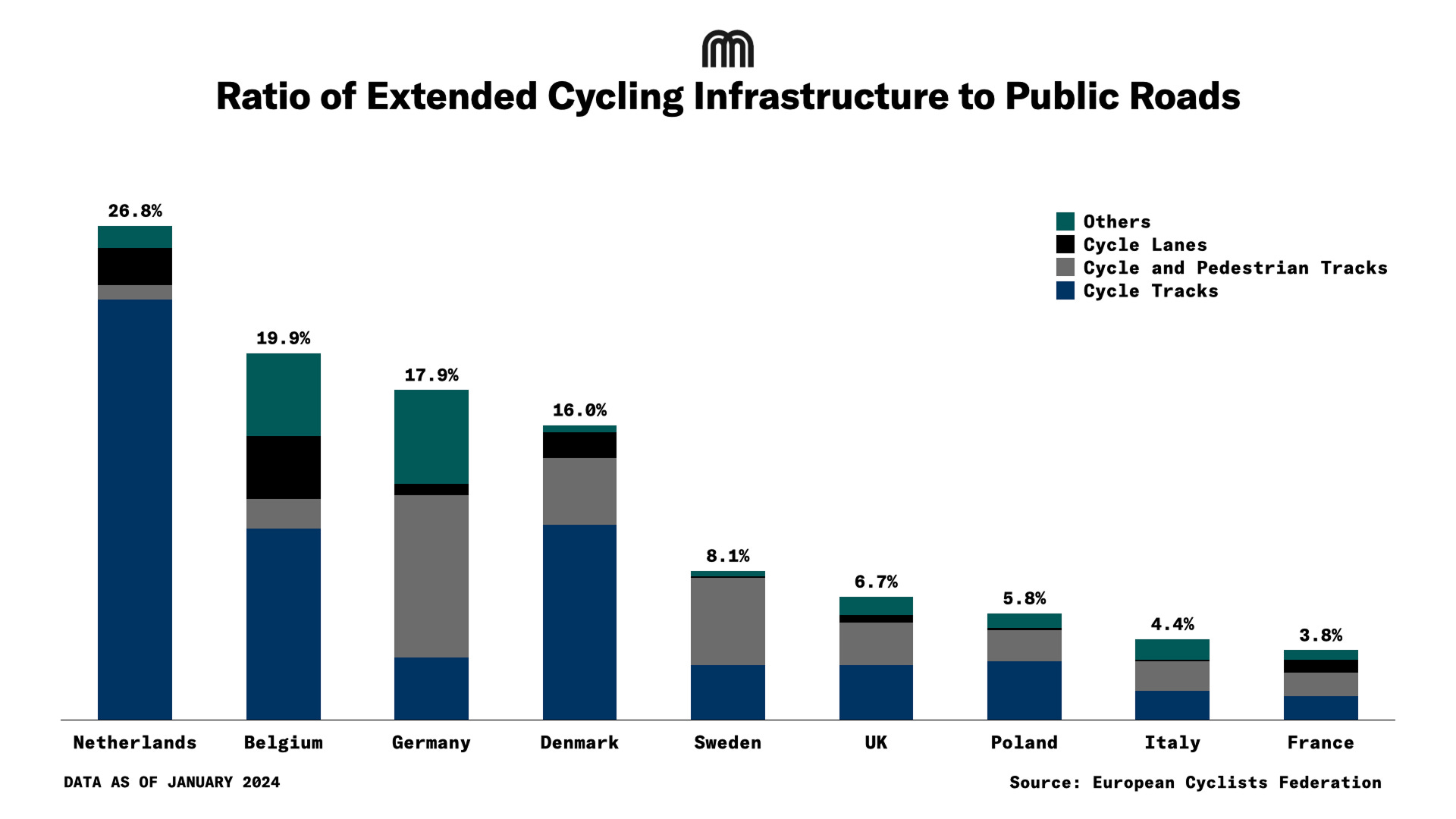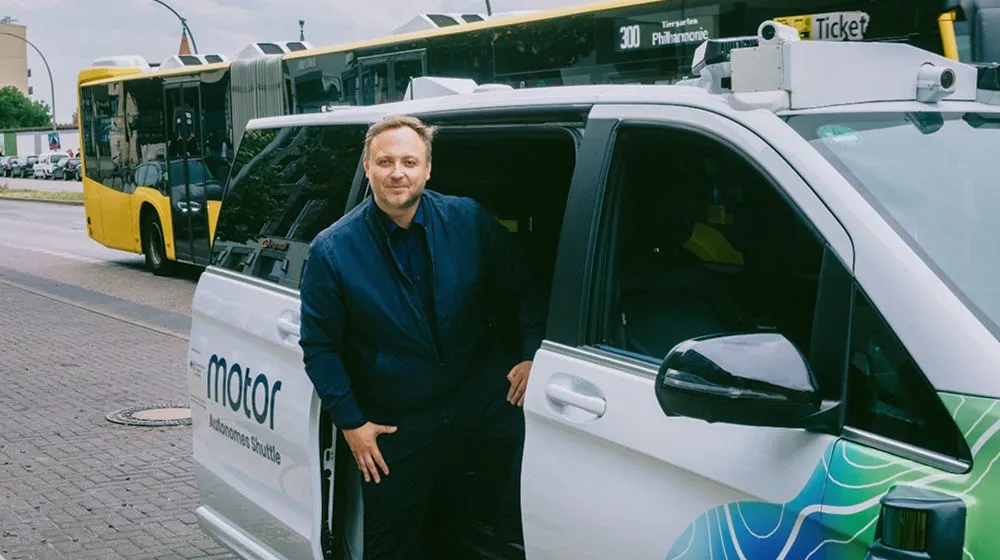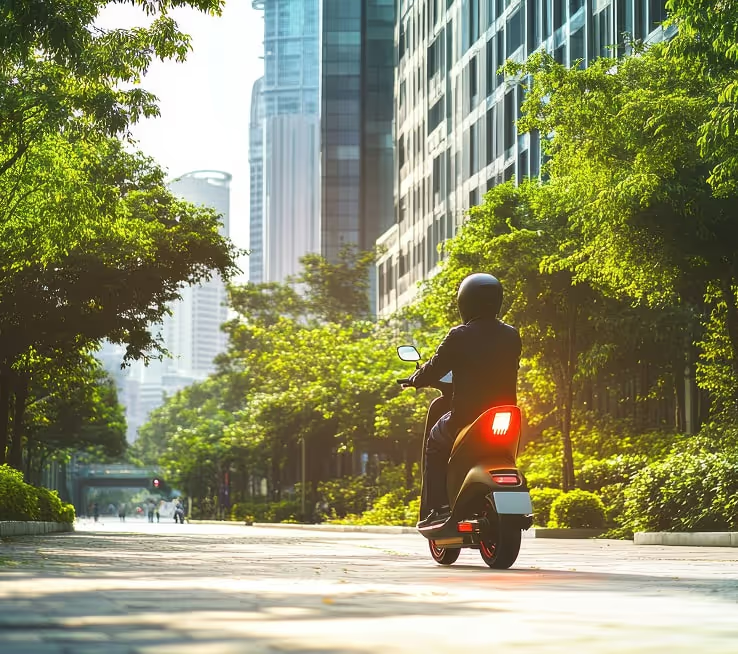Uber important news

Why does America keep building highways? Bloomberg CityLab interviews Erick Guerra, author of a new book, Overbuilt, about the costs of America’s bottomless appetite for new highways. Investing more in transit isn’t going to reduce driving, he says, unless cities and states stop building new roads.
While the American and Chinese governments seem bent on trying to harm each other’s industries, American and Chinese companies are collaborating quite nicely, thank you. The latest example: Uber and Chinese tech giant Baidu are joining forces to conquer Asian and Middle Eastern robotaxi markets. Meanwhile, in the U.S., Uber teams up with Lucid and Nuro to deploy robotaxis next year that will compete with its existing partner, Waymo. Keep in mind, however, that there are still no robotaxis operating commercially in Europe, whose stricter rules may provide an opportunity for new companies willing to build their AV tech with E.U. compliance in mind.
Also: New York City hires dozens of people just to enforce e-bike rules, Lime achieves a major milestone in Seattle, air taxi developer Joby is doubling its production capacity, drones are making medical deliveries in rural South America, a startup champions ammonia as the solution for carbon-free shipping, and, in news that makes us very sad, Stellantis officially ditches hydrogen. Finally, why are the Dutch so much better at building bike infrastructure than everyone else and when will America realize it has enough highways?
What you need to know
Uber partners with Baidu in Asia & Middle East: As it expands its partnership in the U.S. with Alphabet-owned Waymo, Uber is teaming up with Baidu, the Google of China, to launch robotaxi service in cities throughout Asia and the Middle East at some point later this year. Baidu has been operating robotaxis in major Chinese cities since 2021, but this partnership will target cities outside of mainland China, although it is not clear yet exactly where.
…and with Lucid and Nuro in the U.S..: In the U.S., Uber partners with EV maker Lucid and autonomous developer Nuro to deploy up to 20,000 robotaxis over the next six years, with the first deployments next year. Uber will invest $300 million into Lucid, which will provide the vehicles, while Nuro will provide the self-driving software.
U.S. levies big tariff on Chinese graphite: The Trump administration announces a 93.5% tariff on graphite, a key ingredient for EV batteries that is currently supplied almost exclusively by China. The tariff could increase a battery’s cost by roughly $1,000. Automakers, including Tesla, have filed objections, saying that there are not yet any domestic sources of graphite capable of producing the material at scale.
…and China restricts lithium exports: While the U.S. tries to limit the importation of Chinese EV materials, China is putting in place its own measures to limit the export of key materials, such as lithium, to western countries. While other countries struggle to develop their own lithium supply chains, China may be content to hoard the resource for its own burgeoning auto industry, which has emerged as a major threat to legacy automakers.
The special edition of Transit Unplugged from CoMotion MIAMI is live! 🎬
From hydrogen-powered buses and electric sea gliders to gondolas and all-electric BRTs, join host Paul Comfort as he explore the cutting edge of global transportation — while soaking in the culture, food, and flavor of one of America’s most electric cities.
Paul chats with John Rossant Founder & CEO of CoMotion about the critical discussions that took place in Miami and why hydrogen "the pesky little atom" and most abundant element in the universe is making unprecedented breakthroughs in how we use it as a fuel.
Paul attends the VIP reception at the prestigious Italian design firm Pininfarina North America headquarters, and chats with VP of Design, Paolo Trevisan.
We find out Miami’s ‘best’ Italian restaurant and the unveiling of the new Transit Unplugged brand identity!
The Big Apple’s e-bike crackdown: New York City is hiring 45 officers within the Department of Sustainable Delivery to enforce rules governing where and how fast e-bikes can operate. The new workforce may also investigate and sanction delivery apps that it believes are pushing workers to meet unrealistic delivery times.

Joby’s expansion: The Santa Cruz, Calif-based eVTOL developer announces it will double its production capacity at its factory in nearby Marina. Once it’s complete, the plant will produce 24 aircraft a year, the company says. That doesn’t sound like much, but it’s still a big deal in the early days of the air taxi era. The company’s stock soared on the news.
Lime hits 1 million rides per month in Seattle: The scooter and bike-sharing company recorded 1 million rides in Seattle in June, up 84% from the same month last year. More than 80% of the rides are on scooters, rather than bikes.
Drone medical delivery in Guyana: 19Labs, a Bay Area-based startup, launches commercial use of a next-generation drone, which can carry 44 pounds. The company has partnered with the government of Guyana to do drone delivery of crucial medical supplies to rural communities throughout the sparsely-populated country. 19Labs says it is in talks with other governments around the globe.

Holland versus everyone else: Data collected by the European Cycling Association – and featured in the Micromobility Newsletter –– shows just how different the state of bike infrastructure is in the Netherlands compared to everywhere else. A whopping 79% of public roads in Holland feature segregated bike infrastructure of some kind. In a distant second place is Belgium at 46%, followed by Denmark at 41% and Germany at 34%. In Italy and France, it’s under 9%.
Ammonia-powered shipping: Brooklyn-based startup Amogy raises another $23 million –– for a total of $80 million –– to support its clean shipping technology. The company is developing a method to completely substitute fossil fuels with ammonia-based energy. The process begins by separating three hydrogen atoms from each ammonia molecule’s nitrogen atom. The extracted hydrogen is fed into a fuel cell, producing electricity and water vapor, while the nitrogen is released harmlessly into the atmosphere. If it works, it could be very attractive to shippers trying to avoid the carbon tax that the International Maritime Organization will begin to levy in 2027.
Ride-hailing electrification slows down: An analysis by research and advisory firm Gartner finds that EVs account for less than 1% of global ride-hailing fleets, despite bold pledges from all of the major firms to transition to zero-emissions vehicles.

An “explainable” self-driving startup: German startup MOTOR Ai raises $20 million in seed funding to develop AV technology that it says will be more transparent and traceable than the existing options. Because European regulators are demanding greater “explainability” from AV tech providers, MOTOR Ai seems to believe it may be able to craft a solution that is authorized in Europe before many of the most successful American or Chinese AV providers can.
Waymo vets launch AV trucking startup: Ex-Waymo engineers have launched Bedrock Robotics, a startup backed by $80 million in funding, dedicated to retrofitting existing construction and worksite vehicles with sensors, on-board computing, LiDAR, and autonomy software—enabling them to operate around the clock with minimal human oversight
Stellantis abandons hydrogen: The automaker halts development of hydrogen fuel cell technology, saying “the hydrogen market is showing no development prospect at mid-term.” Boo!

